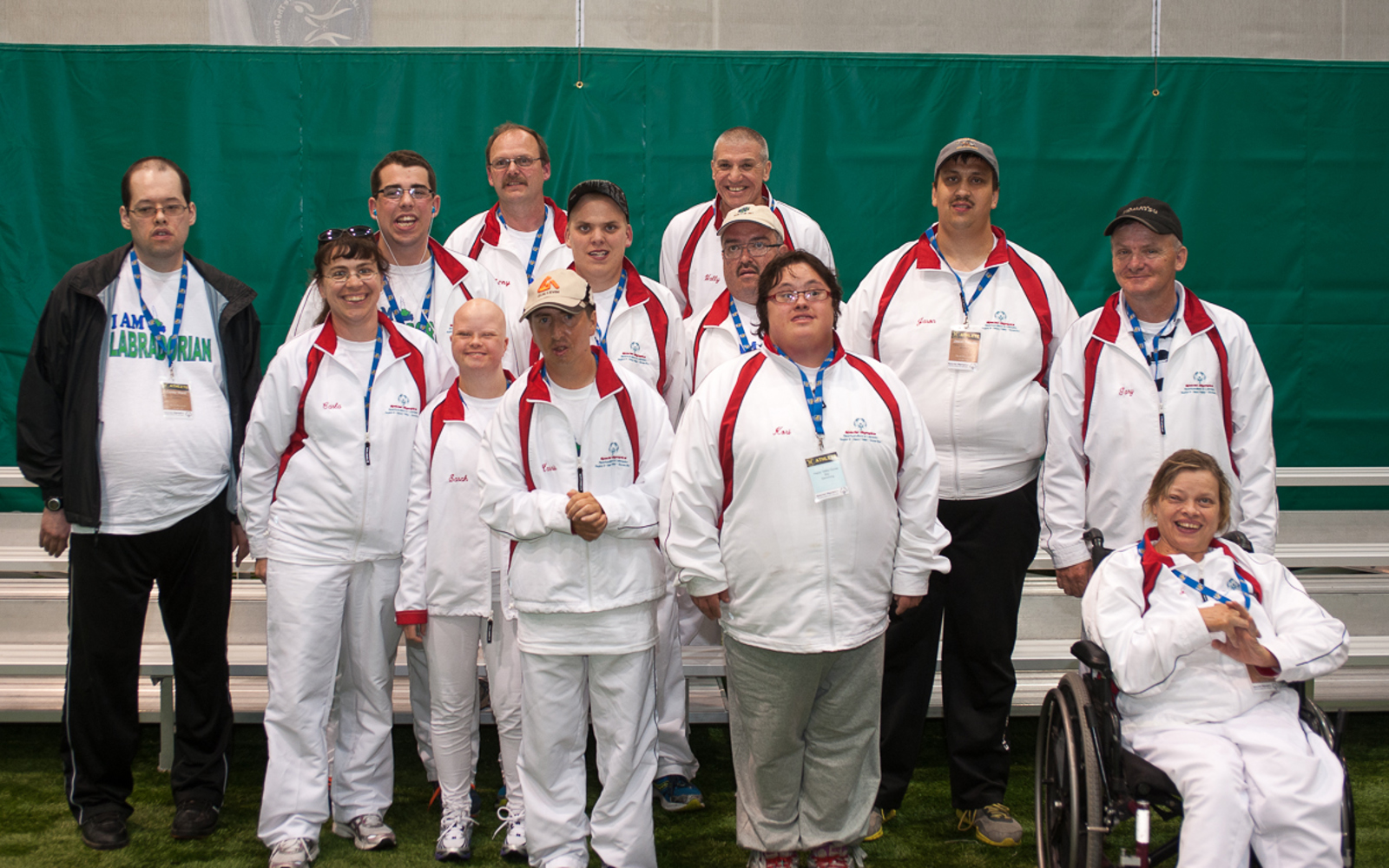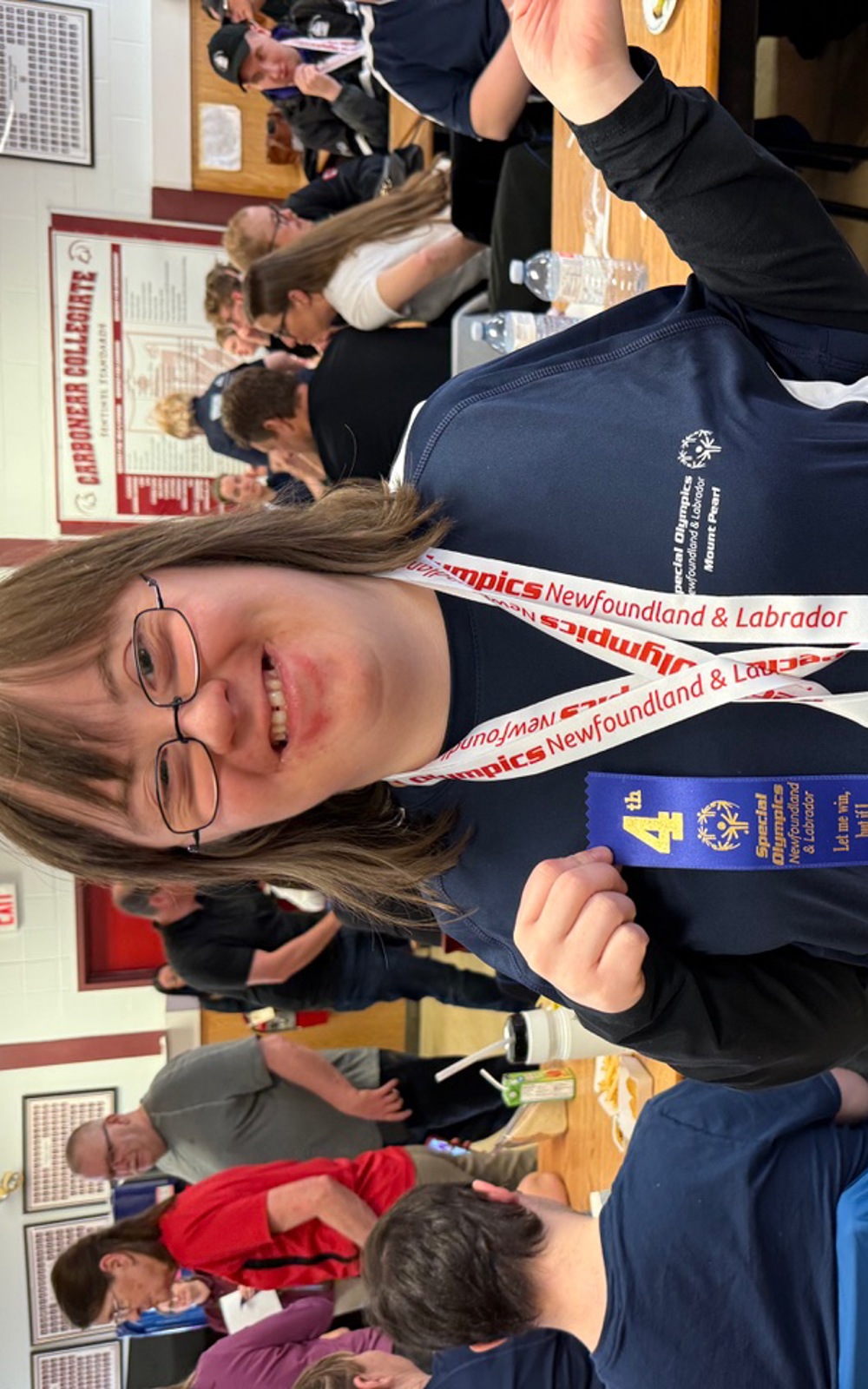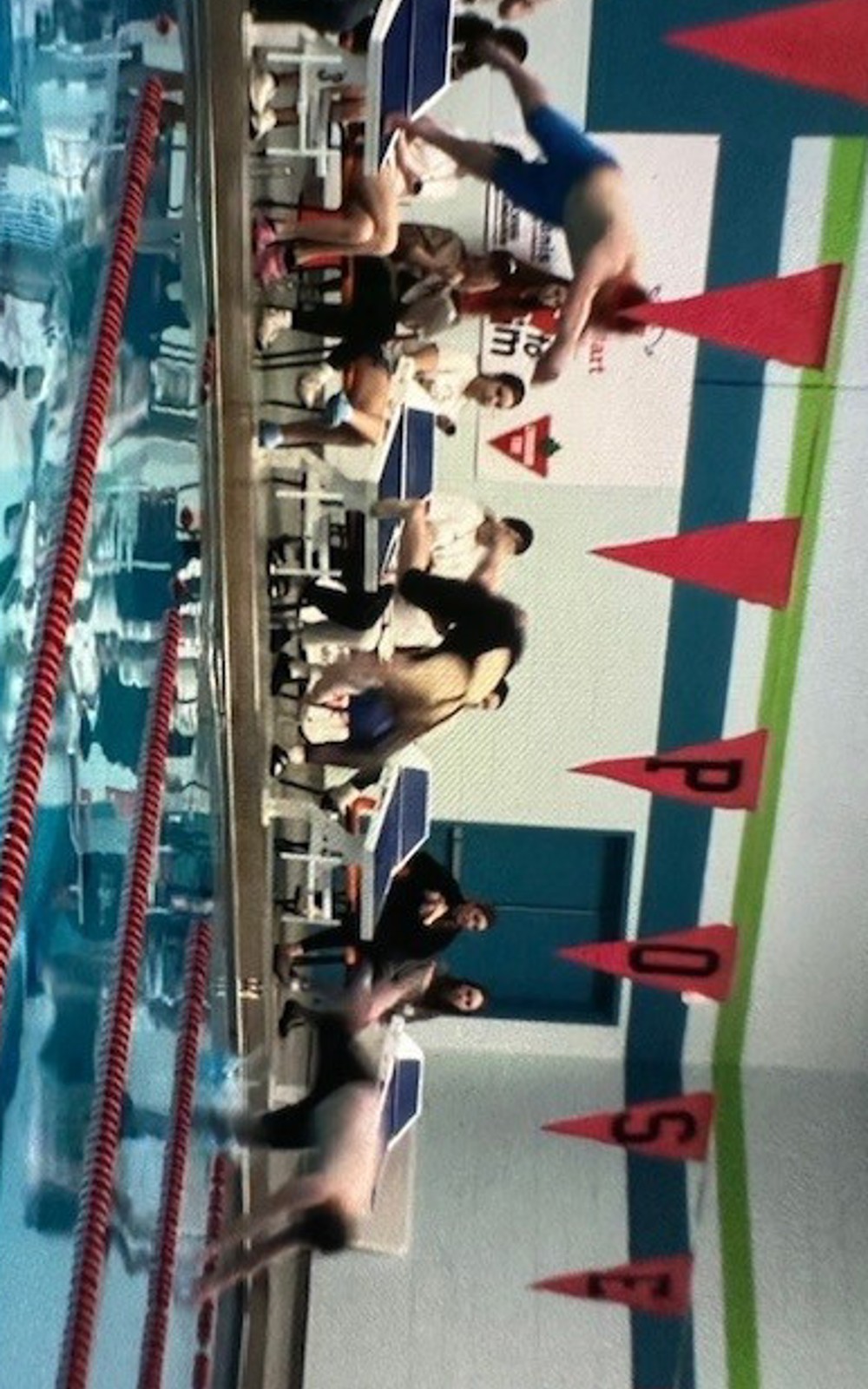Who Can Be a Special Olympics Athlete?
To be eligible for Special Olympics, participants must have an intellectual disability; cognitive delay, or a developmental disability.
What Does This Mean?
According to the American Association of Intellectual and Developmental Disabilities (AAIDD), an individual is considered to have an intellectual disability based on the following three criteria:
-
1Intellectual Functioning Level (IQ)is below 70-75
-
2Significant Limitations Existin two or more adaptive skill areas
-
3The Condition Manifests Itselfbefore the age of 18

Adaptive skills are assessed in the person’s every-day environment across all aspects of their life. A person with limits in intellectual functioning who does not have limits in adaptive skill areas may not be diagnosed as having an intellectual disability.
Overall, inclusion is preferred to exclusion when eligibility is in question.
What About Physical Disabilities?
The primary focus of Special Olympics Newfoundland & Labrador is to enrich the lives of individuals with an intellectual disability through sport. Focus on intellectual disability is what differentiates Special Olympics from the Paralympics, which serves individuals with physical disabilities. Although the International Olympic Committee recognizes both Special Olympics and Paralympics, they are two separate and distinct organizations.

How Much Athletic Skill or Experience is Needed?
Athletes of all ability levels are encouraged to participate in Special Olympics programs. Through the use of equitable divisioning, competitions are structured so that athletes compete with other athletes of similar abilities.
To learn more about all the participation options available:
Is There a Minimum Age to Participate?
Each Special Olympics program has specific age guidelines, depending on the type of activity. Club based programs offer athletes the programs necessary to develop important skills required in sport and everyday life. You can start as early as two years of age, but you are never 'too old' to start!
Active Start and FUNdamentals are innovative play programs for children with intellectual disabilities that focus on physical literacy and basic motor skills development. Active Start and FUNdamentals are open to children between the ages of two and 12. Please visit our Young Athletes page to learn more about programming for children and youth.
Special Olympics club programs, on the other hand, do have a minimum age requirements. Please visit Our Clubs page for more information. Our athletes start locally in their clubs and programs, and can grow to international competition depending on athlete wishes and development.

Are There Any Other Restrictions?
Participants must agree to the sport rules of Special Olympics Newfoundland & Labrador.
For more information about the requirements or on how to register:
